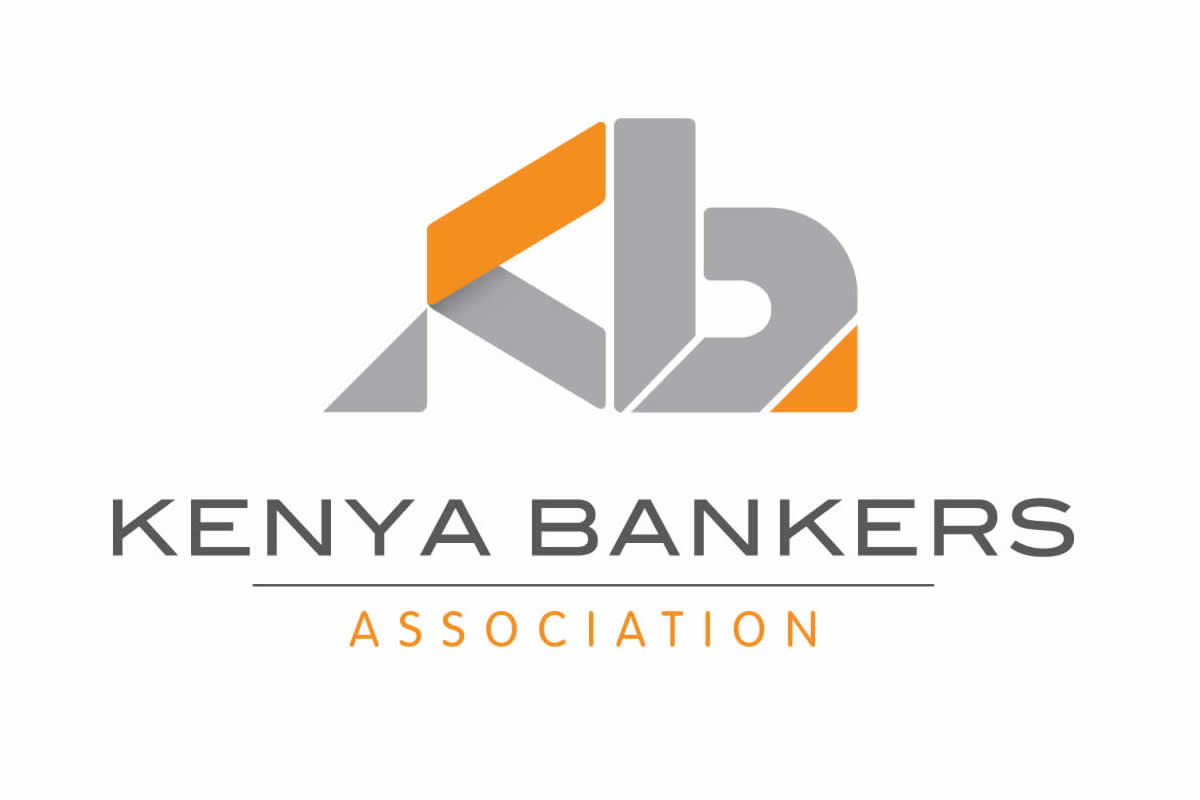Nairobi 18th October 2019 – Kenya Bankers Association (KBA) commends the efforts of His Excellency President Uhuru Kenyatta to ensure that private sector development is supported through access to finance. The Association notes in his Memorandum to the Speaker of the National Assembly that the President raises key challenges facing the private sector as a result of the interest rate controls that have been maintained by the Finance Bill, 2019.
The Memorandum asking Parliament to support a repeal of the interest rate cap provides an opportunity for further engagement towards making credit more accessible to borrowers, especially micro, small and medium-sized enterprises (MSMEs) which have been adversely affected by the legislation.
Over the past three years, both industry and government policymakers have monitored the impact of the interest rate cap with the majority of stakeholders concurring that the law was well intentioned but has resulted in unintended consequences, including a reallocation of capital from where it is needed most. Lending has reduced by more than 1.2 million accounts. Additionally, the size of loans has increased by 47 percent; therefore, those who had a loan are borrowing more while those whom the law was intended for are forced to expensive and informal lending channels or shylocks.
The net effect of the capping has been a slowdown in lending which has impacted on businesses and households. Prior to the caps, the MSME loan portfolio grew at a rate of 15 percent per annum. This reduced to about 6 percent by September 2016, when the caps were introduced. Moreover, credit to households has slowed to approximately 8 percent from an average growth rate of 30 percent, according to World Bank data. Such a decline in credit is a serious concern as it results in a slower rate of economic growth and erodes the country’s ability to create employment opportunities.
Banks are Committed to Support Kenyans
Meanwhile, banks continue to roll out innovative products which are affordable and accessible. We have seen innovations such as Stawi which is the first time banks have come together, leveraging on a digital platform, to offer below market rate loans. The Stawi interest rate is 9 percent annualised (per year) compared to other digital loans.
There are many other examples of how banks seek to support the MSME sector, including KCB’s Sh10 billion 2Jiajiri program, and, most recently Equity Bank’s Sh10 billion and Co-Op Banks’s Sh15 billion commitment to finance small businesses. StandardChartered supports Women in Technology while Barclays Absa enables women-owned businesses to trade across Africa through the SheTrades program. Credit Bank, Gulf African Bank and DTB, as well as, numerous other banks have similar programs nationwide. With the lifting of the interest rate cap, banks can do much more to spur enterprise development.
At the same time, through the Inuka SME Program, KBA has trained thousands of entrepreneurs in an effort to enhance their ability to access bank finance. KBA has partnered with the Kenya National Chamber of Commerce and Industry to train more business owners across the country, including in marginalised communities such as Marsabit, West Pokot and Narok.
We note that Kenya has had interest rate caps in the past, but the controls were repealed in the 1990s because of the same effects we see today. Therefore, any efforts to correct the situation will be good for businesses, households and the broader economy.
Joshua Oigara
Chairman, Kenya Bankers Association
KCB Group Chief Executive Officer and Managing Director


